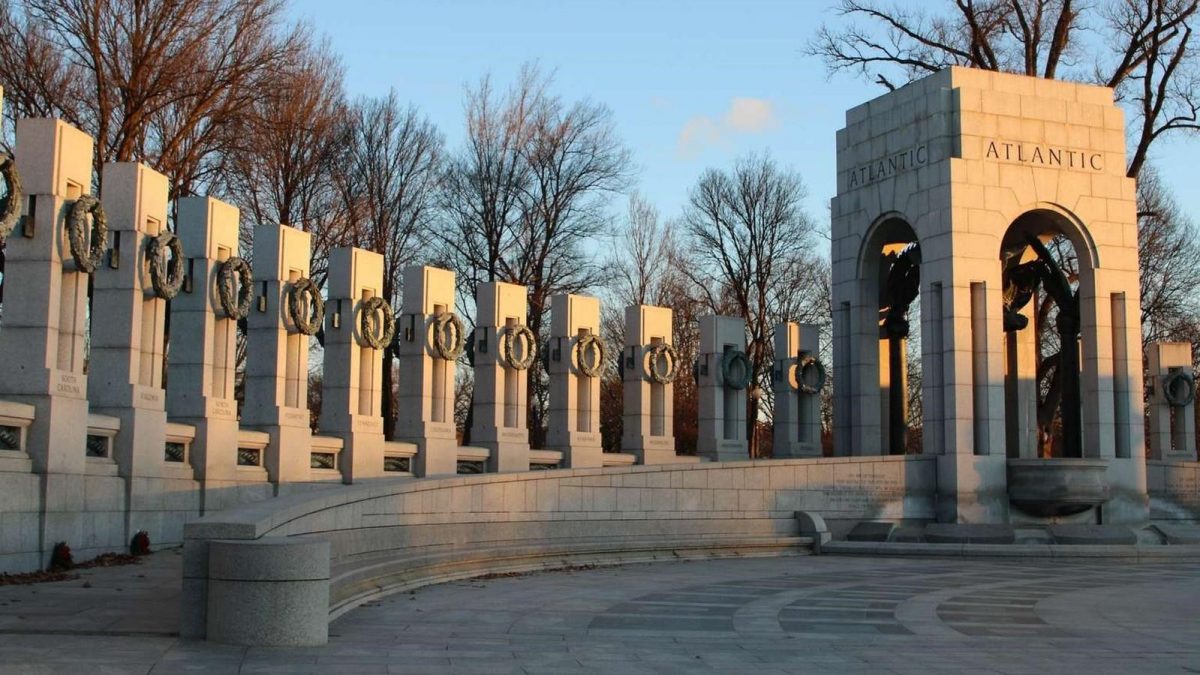Today’s global leaders, unlike those of the Cold War era, have not lived through a major great power war. Putin’s war in Ukraine may be changing that dynamic. The risk of widespread European conflict is growing daily as the Russian leader continues to prepare for and threaten the use of his military’s nuclear weapons. Although unlikely the Russians would risk using even a small, battlefield nuclear weapon, the world cannot risk that Putin is bluffing. An error could mean thousands of civilian lives lost and territory rendered uninhabitable for years due to nuclear fallout.
Earlier this week reports emerged that one of Putin’s nuclear submarines is no longer in its home port; its whereabouts are unknown. Although the Russian military has exercised for nuclear war for a long time, this year the Russian president personally oversaw military drills transitioning his armed forces from a conventional to a nuclear war stance when he supervised his “strategic forces” in a preparatory drill shortly after invading Ukraine.
Unlike other weapons, the level of death and destruction from a nuclear device is almost beyond human conception. It is, in part, why nuclear deterrence has worked well in the post-WWII period. The question military analysts in the US are discussing now concerns whether the doctrine will continue to keep the Russia’s nuclear arsenal quiet in their silos. Putin is losing popularity at home, increasingly challenged by his own political elite, and acting in what appears to be a more desperate manner. Reports suggest he spends time in hiding in one of his secret palaces and is paranoid that one of his trusted cadre will murder him.
It appears the Russian leader is losing political ground at home among the citizenry, territory in Ukraine, and support among formerly friendly nation-states in the international community. That makes Putin dangerous and unpredictable. Last week the two underwater Nordstream pipelines were bombed in four separate places. It appears to be a Russian attack. It serves as a warning from Putin to Western Europe that he still can control the supply of energy the continent needs for the upcoming winter season. Destroying natural gas lines does not equate to the level of a nuclear event. Would Putin dare to raise the bar and conduct a preventive nuclear strike? It is not out of the realm of possibility. Rebecca Koffler, a Russian specialist formerly with the US Government, says that Putin will fight to the death if cornered without regard to the impact of his decision on others.
Twelve years ago, the released Russian nuclear doctrine reflected a series of internal debates following the comments of Nikolai Patrushev, Secretary of the Security Council, who reportedly explained that delays in completing the new military doctrine were due to discussions concerning the right of “preventive nuclear strikes.” A year earlier, in 2009, Russia conducted a simulated nuclear strike on Polish soil during the Zapad 2009 exercise. In 2010 Moscow rehearsed the use of nuclear weapons against separatist forces in the 2010 Vostok maneuvers. The potential use of nuclear weapons still appears to be included in the set of alternatives presented to Putin by his military chiefs. He may be considering moving from a conventional conflict to one of limited nuclear war. Or, he may be testing the limits of deterrence theory in a desperate attempt to change the course of the war in Ukraine.
What is certain is that simply retaining the option to go nuclear raises the risk of an accident widening the conflict in Ukraine into a large regional war overnight. Accidents do happen. On September 1, 1983, a Korean Air Lines commercial airliner flight KAL 007, carrying US Congressman Larry McDonald on board, was shot down by the Eastern command of the Russian air force after it mistakenly entered closed Russian air space near the Sea of Japan. Two hundred sixty-nine lives were lost due to a miscommunication. Even if Vladimir Putin is bluffing and is not intending to use a nuclear weapon, there is an elevated risk that western nations should find unacceptable. The editor of War on the Rocks, wrote last month that “After the Russian military collapse in and around Kharkiv Oblast, there is now renewed concern that Russian leaders could behave unpredictably and use nuclear weapons to halt the Ukrainian offensive, or to intimidate the leadership in Kyiv to settle the conflict on terms favorable to Moscow.” It Putin does not heed the warning signs inside Russia and among the western states it could be a true nuclear winter.
Daria Novak served in the U.S. State Dept.
